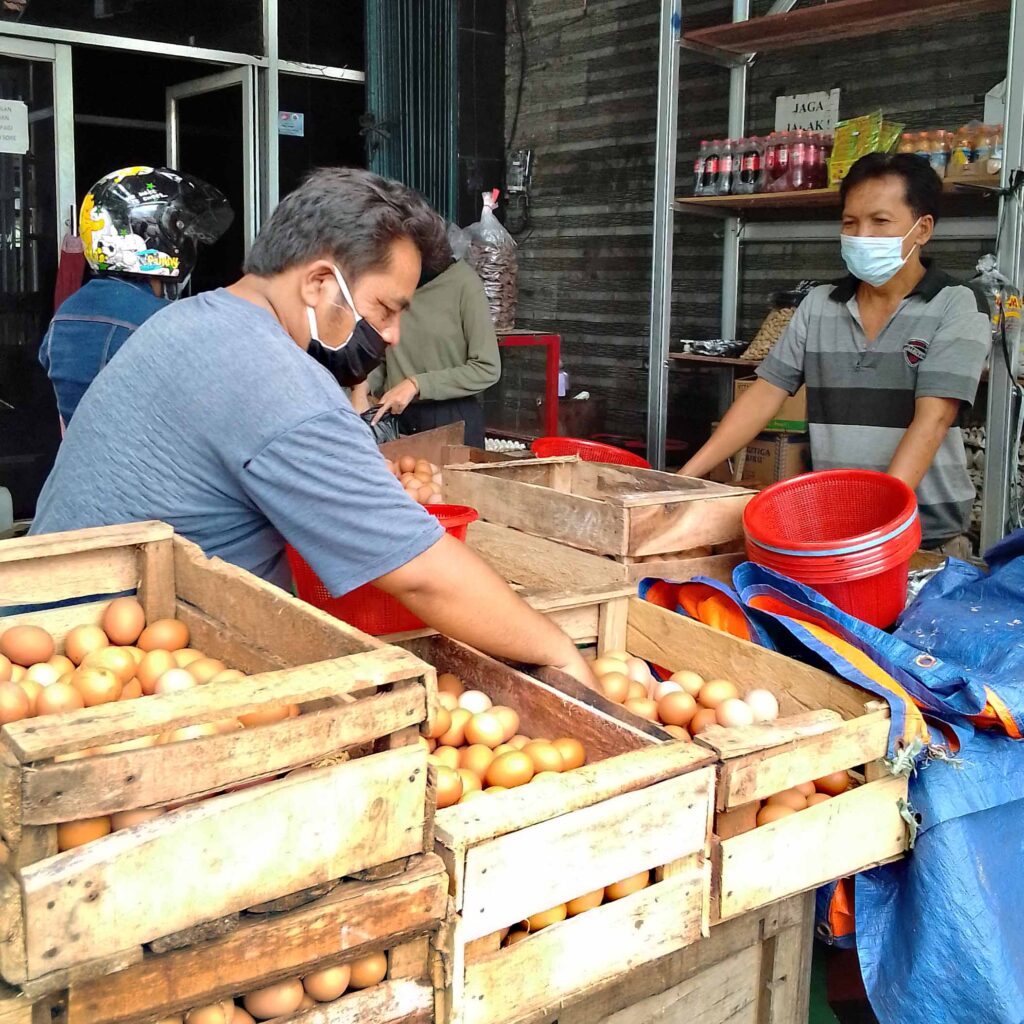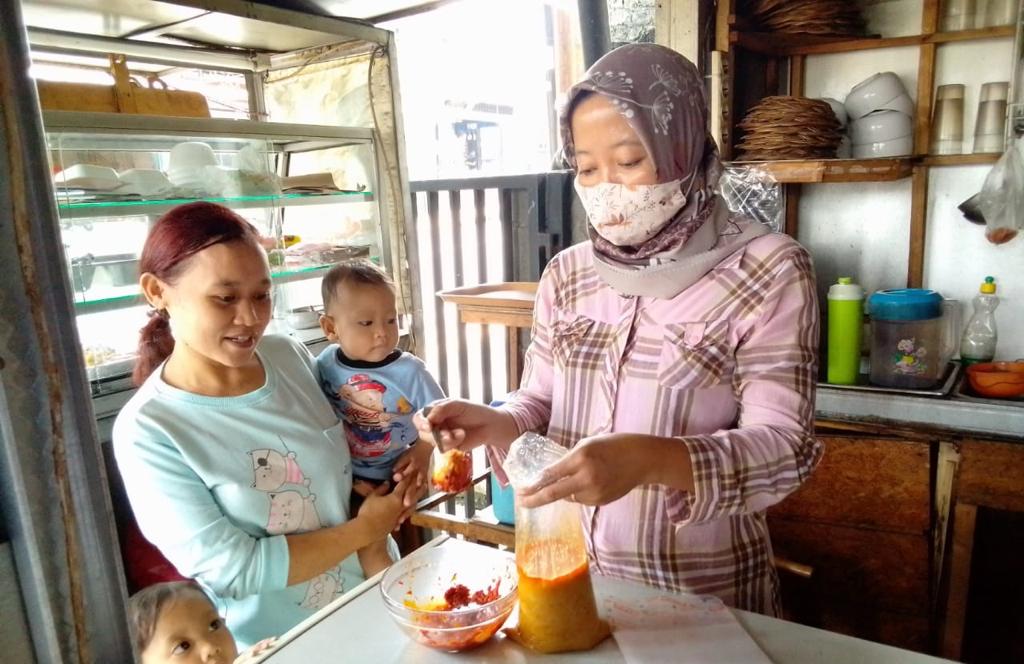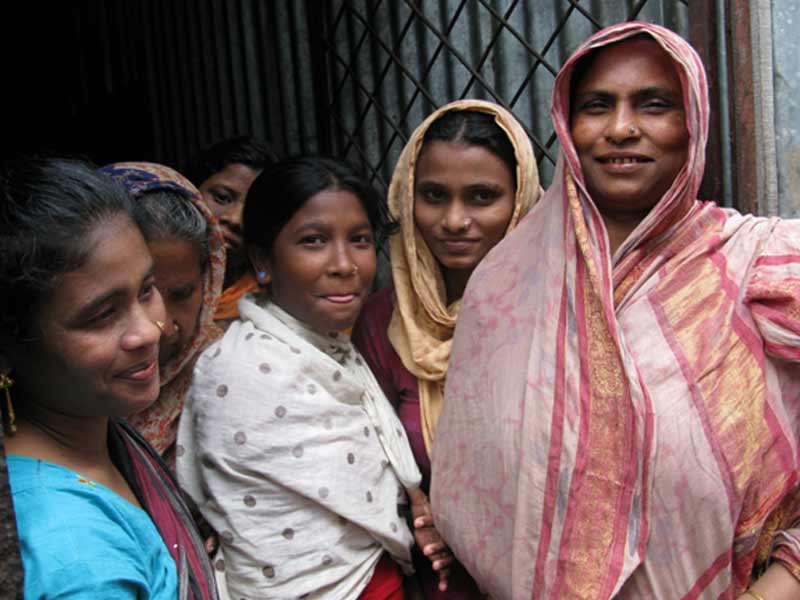
Learning From Interventions That Strengthened Food Systems During COVID-19
The COVID-19 pandemic and its economic fallout continues to disrupt global food systems with detrimental impacts on food security and nutrition, particularly in low and middle income countries. In many areas of the world, COVID-19 is exacerbating existing food crises. It is now more than ever, important that we analyze and learn from previous interventions that successfully strengthened food systems over the past three years.
One of the many fallouts of the pandemic was a universal shortage of workers. Recently, we’ve seen wide-sweeping labor supply interventions such as “green corridors” for migrant workers or, in the long term, increases in mechanization. Such interventions have become invaluable over the past few years. Especially during a crisis, spreading accurate information through defined extension services is crucial to adapt farming systems quickly to new food safety requirements.
Investment in transportation infrastructure, power, irrigation and storage networks were all needed to sustain our food systems’ functioning. Financial and technical support for small and medium-sized enterprises, (including the development of e-commerce), proved to be particularly important interventions to sustain low-income consumers’ food and nutrition security. Such interventions required public–private partnerships and the use of development finance to catalyze private money.
Given the pandemic’s devastating impacts on (informal) labor markets, expanding and improving social safety nets and transfers through innovative delivery mechanisms was also a crucial intervention measure.
On a smaller scale, replacing suspended school feeding programs by take-home rations or cash transfers and promoting and maintaining food fortification schemes has proven vital to ensuring access to nutritious foods and improving the health of children.
Additionally, in the long run, home garden interventions promoting nutritious traditional or bio-fortified crops and urban agriculture proved to be quite successful. These new standards hold the promise of increasing food availability in urban centers particularly affected by food supply chain disruptions.
As always, respecting sanitation and hygiene standards is key for the effective implementation of any intervention to prevent the spread of COVID-19. National and subnational governments must continue to be supported to ensure that appropriate standards are met. This includes the health of workers and agents operating in the food systems as well as the functioning of key infrastructure, such as wet markets.
Spreading key information on healthy diets to vulnerable populations and refuting misinformation about virus transmission through food or misleading health claims is of major importance. To avoid contagion, the use of information and communication technologies (ICT) or decentralized approaches via lead farmers, mobile teams or clinics is critical.
Evidence-based interventions in the food system are urgently needed to build resilience and prevent further disruption due to the COVID-19 crisis. Since the impacts of COVID-19 differ significantly between food supply chains, and within countries (and even local communities), adequate subnational and target-group disaggregated real-time data on different aspects of food systems will be needed to inform policy decisions. It’s imperative that we learn from successful interventions that strengthened urban food systems during the COVID-19 pandemic.



